Filter by
The language used throughout the course, in both instruction and assessments.
68 results for "renewable energy"
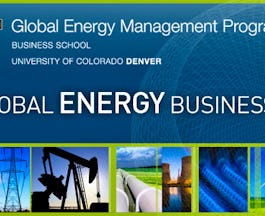 Status: Free
Status: FreeUniversity of Colorado System
Skills you'll gain: Business Analysis, Business Development, Strategy, Business Process Management, Customer Analysis, Product Strategy, Supply Chain Systems

Dartmouth College
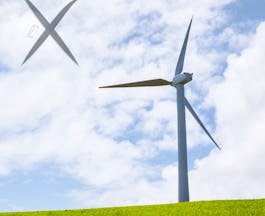
École Polytechnique
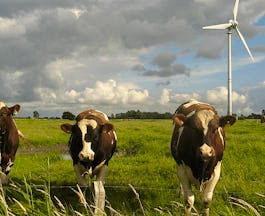
Dartmouth College
 Status: Free
Status: FreeTechnical University of Denmark (DTU)
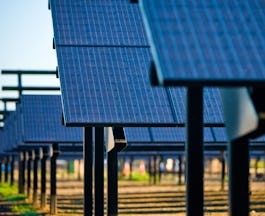
University at Buffalo
 Status: Free
Status: FreeUniversity of Colorado Boulder
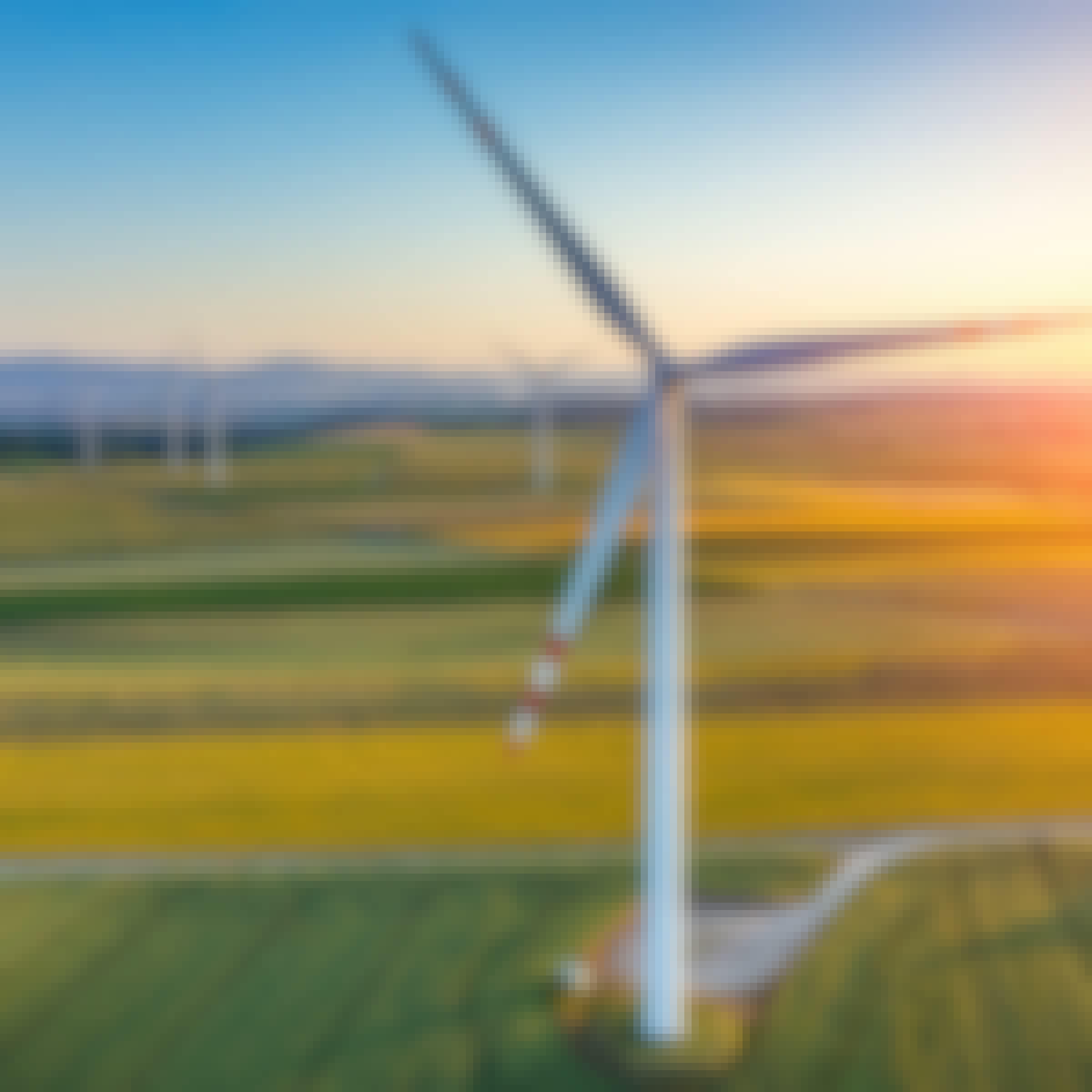
University of Alberta
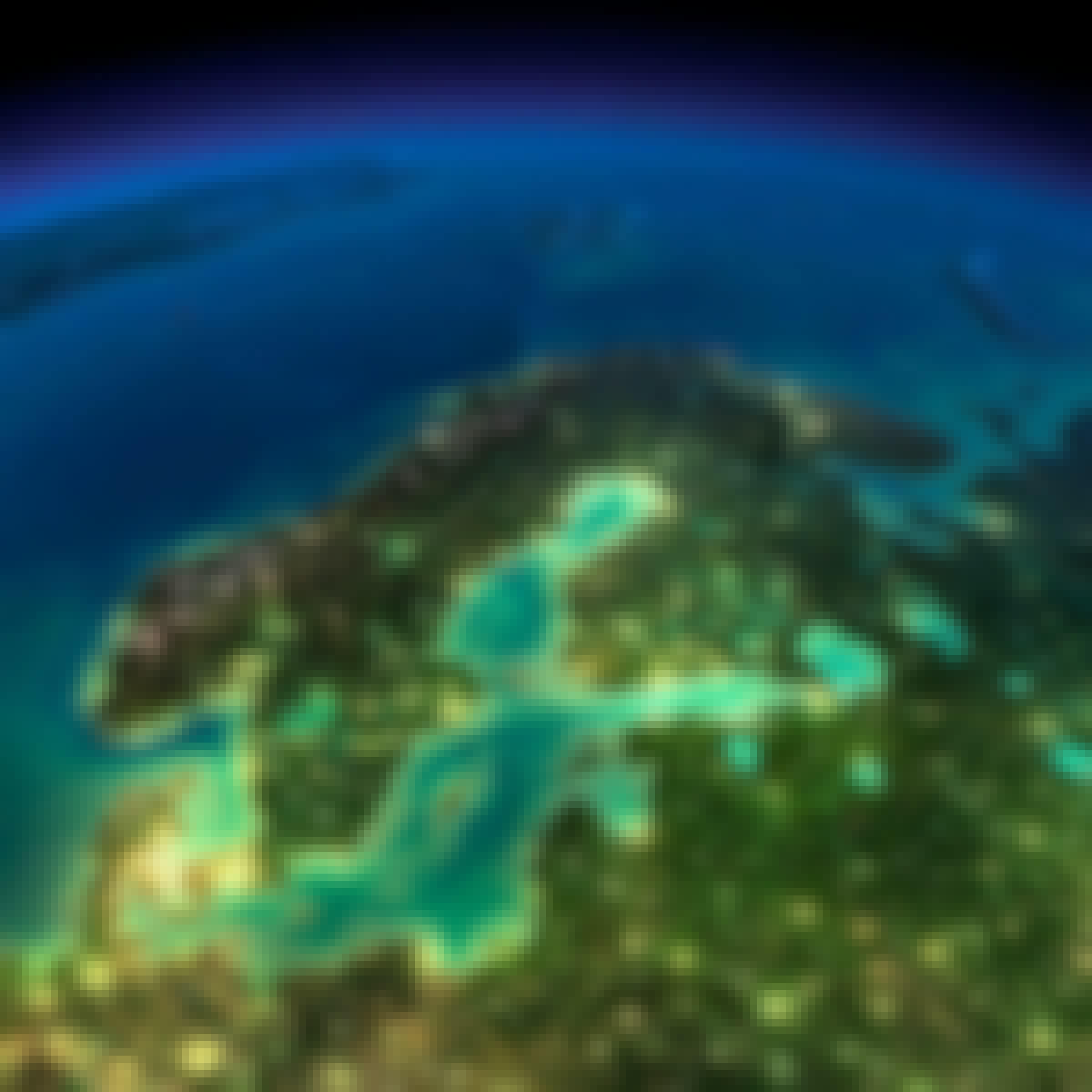 Status: Free
Status: FreeLund University
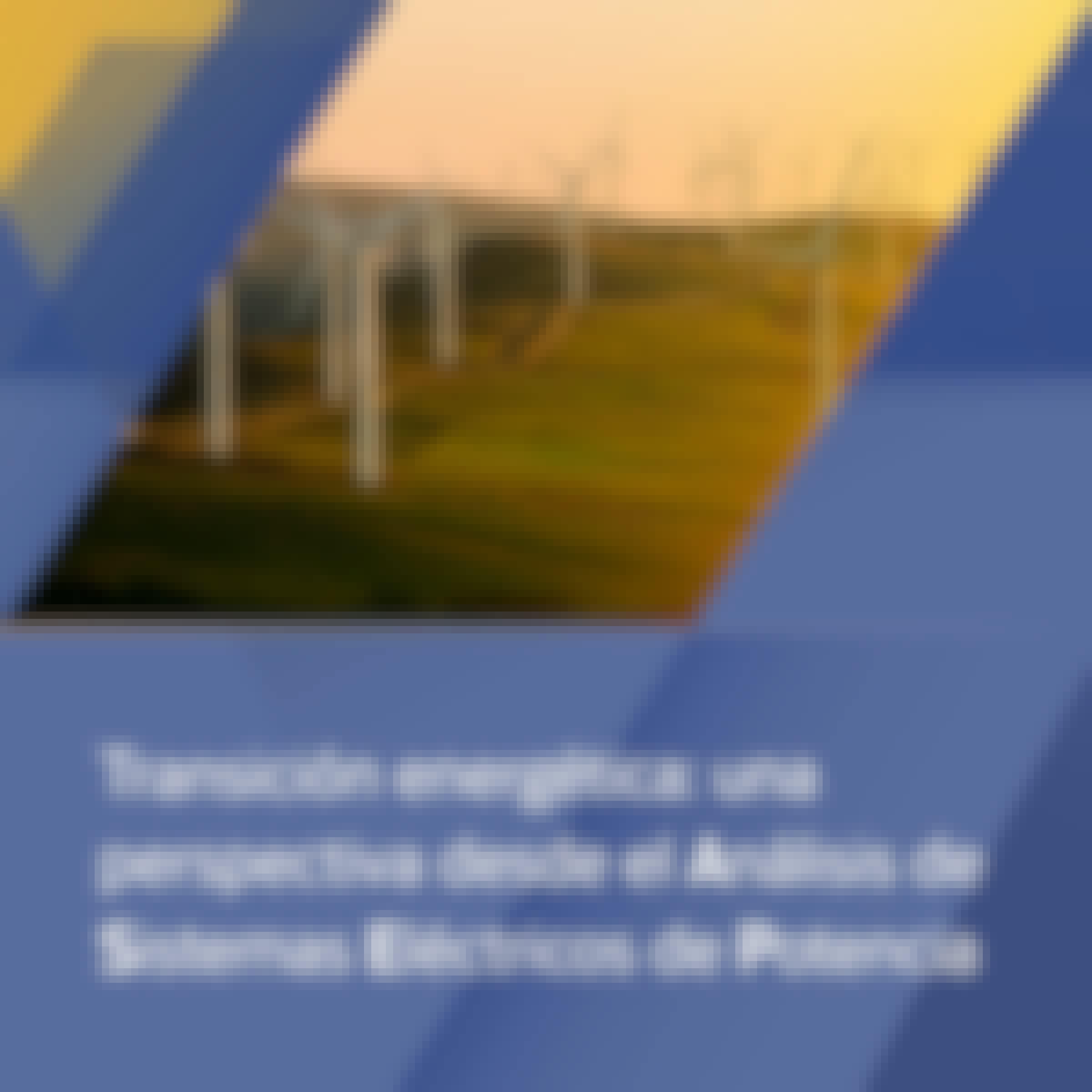 Status: Free
Status: FreeUniversidad de los Andes
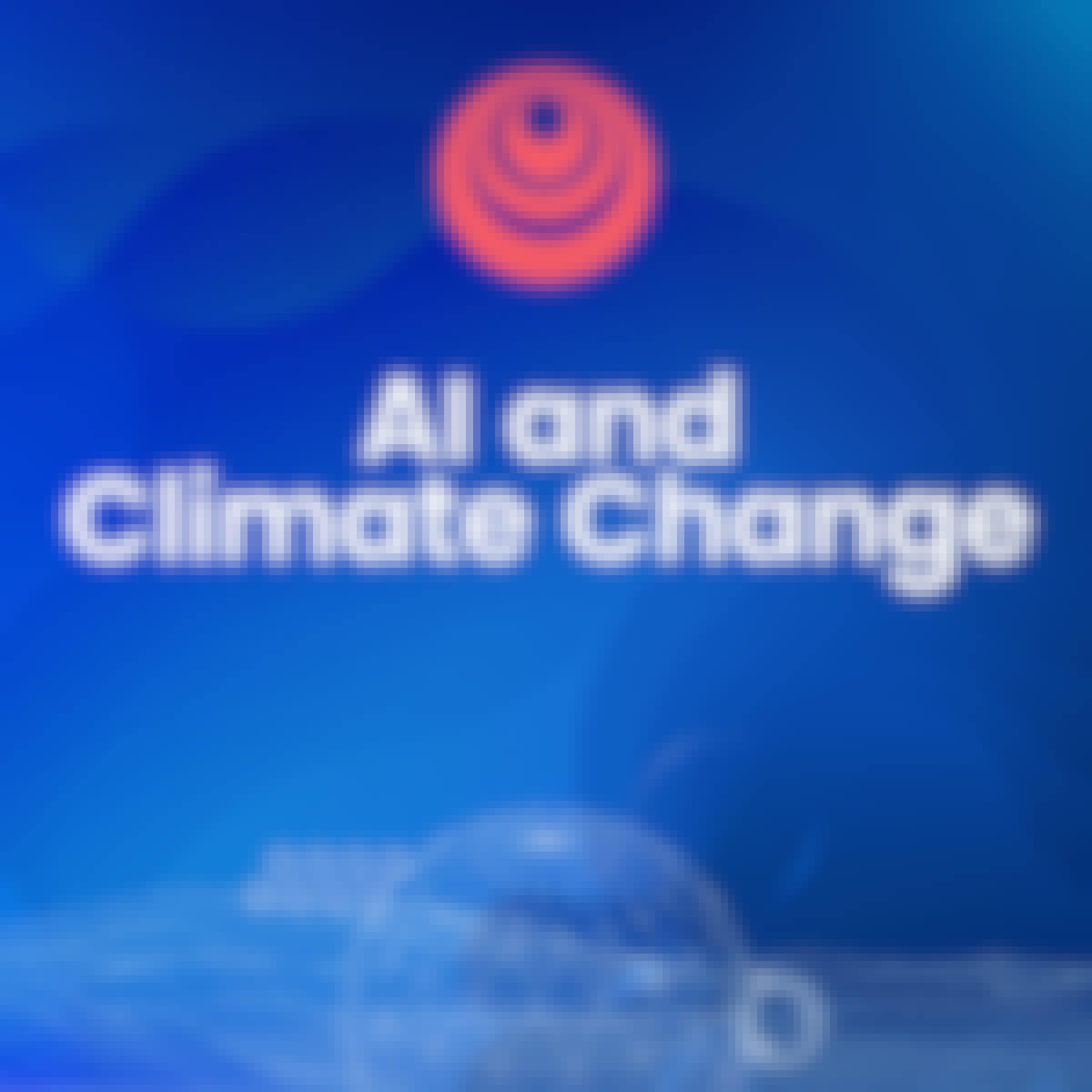
DeepLearning.AI
Skills you'll gain: Artificial Neural Networks, Computer Vision
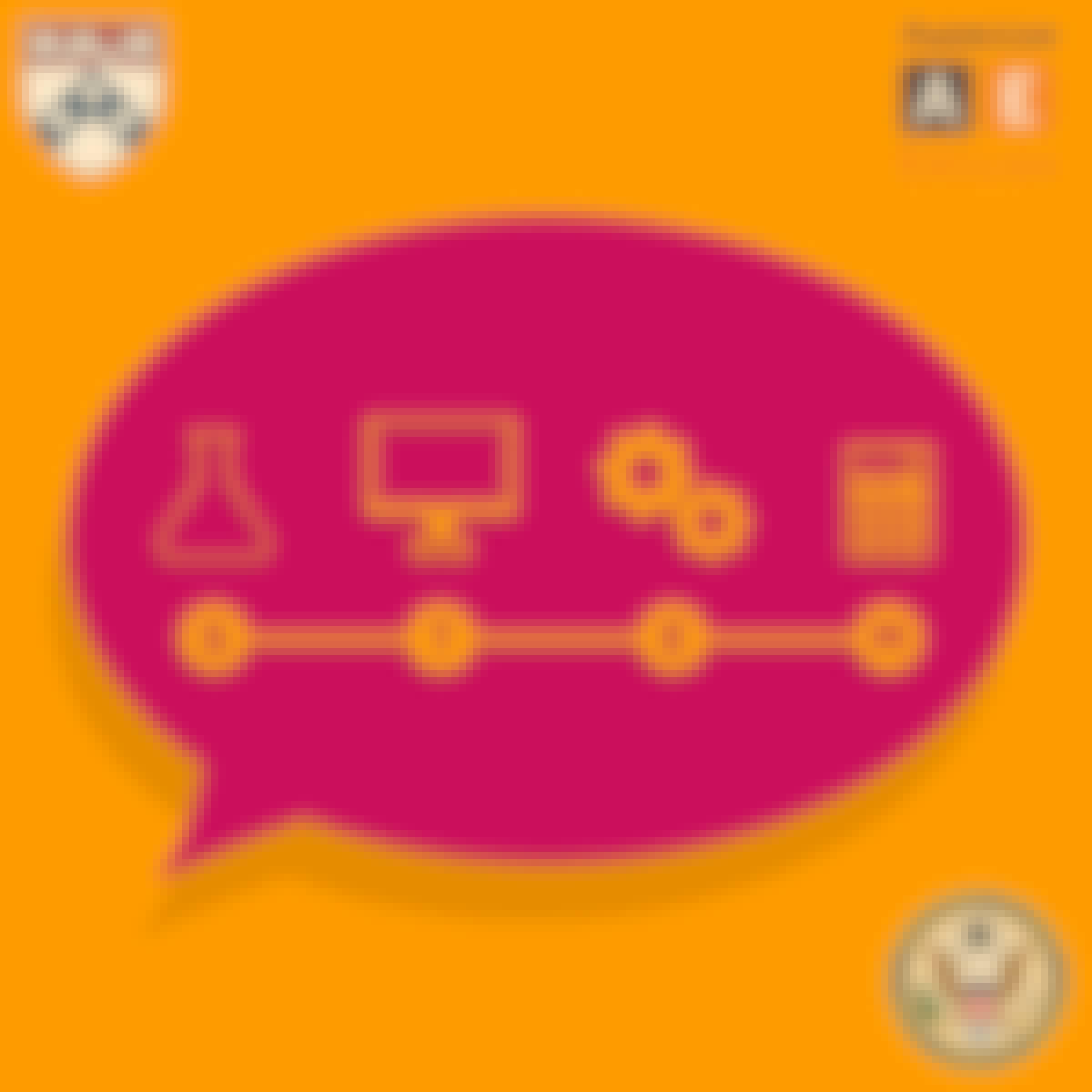 Status: Free
Status: FreeUniversity of Pennsylvania
Searches related to renewable energy
In summary, here are 10 of our most popular renewable energy courses
- Fundamentals of Global Energy Business: University of Colorado System
- Energy Justice: Fostering More Equitable Energy Futures: Dartmouth College
- Wind resources for renewable energies: École Polytechnique
- Energy and Environment: Dartmouth College
- Organic Solar Cells - Theory and Practice: Technical University of Denmark (DTU)
- Solar Energy Systems Overview: University at Buffalo
- The Sustainability Imperative: University of Colorado Boulder
- 21st Century Energy Transition: how do we make it work?: University of Alberta
- Greening the Economy: Lessons from Scandinavia: Lund University
- Análisis de Sistemas Eléctricos y Transición Energética: Universidad de los Andes










